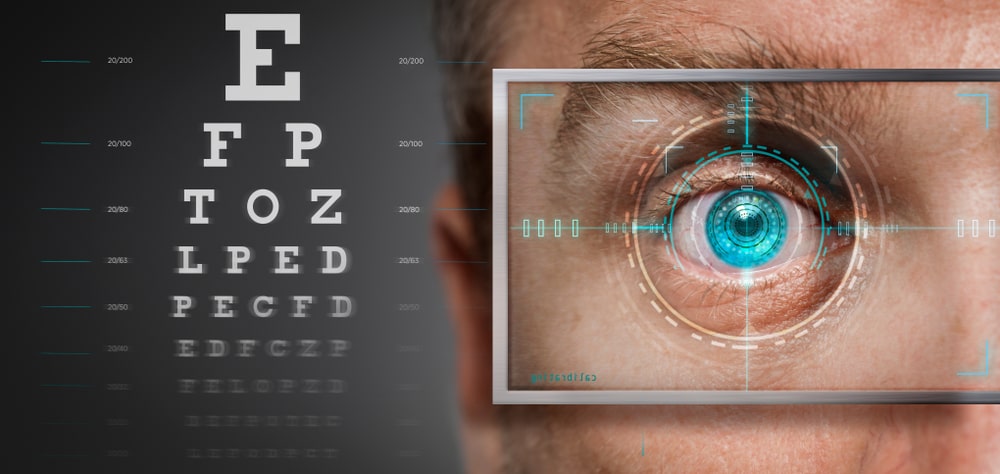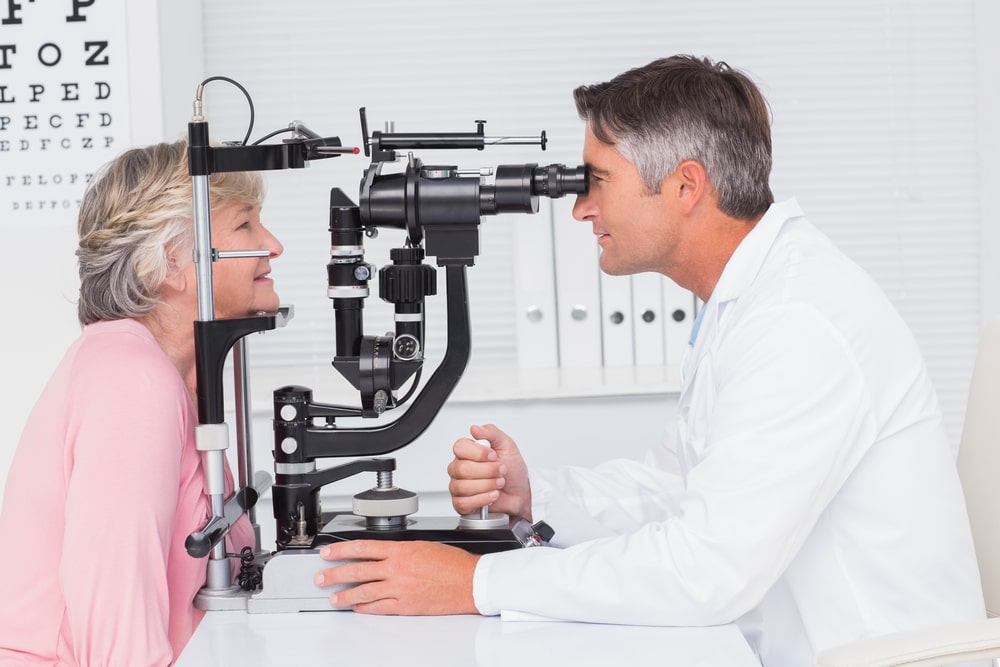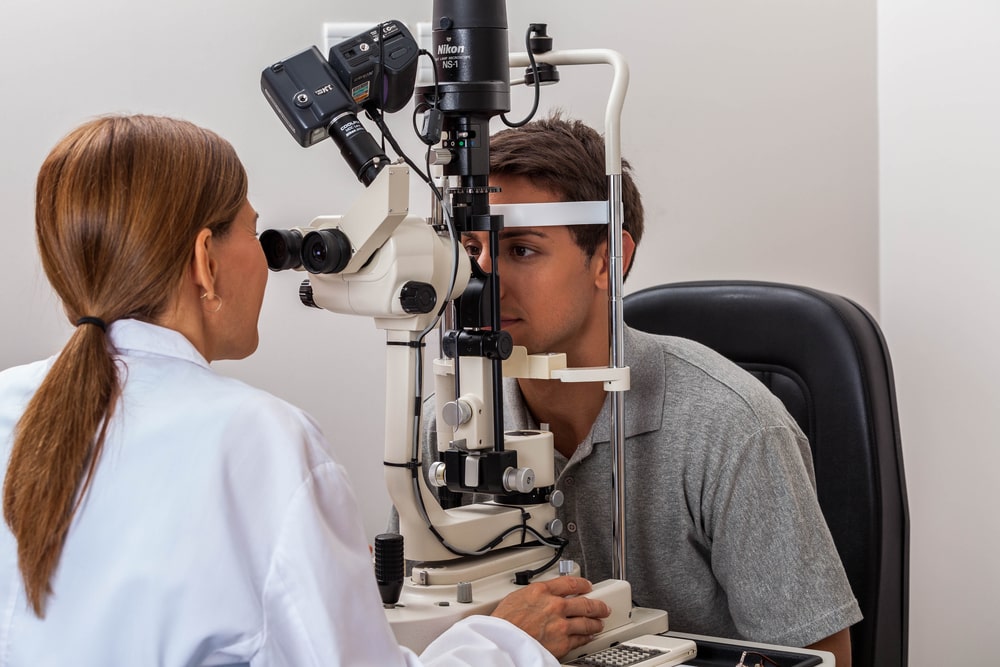How does an optometrist’s expertise extend beyond comprehensive eye exams? In today’s fast-paced world, our health is of paramount importance. We often prioritize physical fitness, diet, and regular check-ups with our primary care physicians. However, one crucial aspect of our well-being that often gets overlooked – our eyes. Optometrists play a vital role in safeguarding not only our vision but also our overall health. In this article, we’ll delve into the multifaceted significance of optometrists and regular eye exams.
Contents
The Importance of Eye Health
Our eyes are windows to the world, allowing us to experience life’s beauty and challenges. It’s no surprise that we depend on our eyes for a significant part of our daily activities. Understanding the importance of maintaining good eye health is the first step in comprehending the role of optometrists in our lives.
Vision Clarity and Correction
One of the primary responsibilities of optometrists is to evaluate and correct vision problems. Whether you’re nearsighted, farsighted, or struggling with astigmatism, optometrists provide precise prescriptions for eyeglasses or contact lenses. This correction not only enhances your visual clarity but also reduces eye strain, preventing headaches and discomfort.
Early Detection of Eye Diseases
Beyond mere vision correction, optometrists are trained to detect, manage and treat eye diseases. Conditions like glaucoma, cataracts, and macular degeneration can lead to blindness if left untreated. Regular eye exams allow optometrists to identify these issues early, making treatment more effective and potentially preventing severe vision loss.
Addressing Eye Strain
In the digital age, eye strain has become increasingly common due to prolonged screen time. Optometrists provide advice on reducing eye strain, including the use of specialized computer glasses and recommended screen settings. These measures not only protect your vision but also enhance your overall well-being.
Beyond the Eye Exams: A Holistic Approach
Optometrists don’t just focus on the eyes; they take a holistic approach to overall health.

The interconnectedness of our body systems means that eye health is closely related to various other health conditions.
Diabetes Management
Diabetes is a condition that can severely impact eye health. Optometrists play a significant role in managing diabetic eye problems by monitoring and treating conditions such as diabetic retinopathy. By doing so, they contribute to better diabetes management and overall health.
Hypertension and Cardiovascular Health
Research has shown a strong link between high blood pressure (hypertension) and eye health. Optometrists can detect hypertensive retinopathy, a condition that can indicate hypertension. Identifying this early allows individuals to seek appropriate treatment, potentially preventing serious cardiovascular issues.
Neurological Conditions
Certain eye conditions can be early indicators of neurological disorders such as multiple sclerosis. Optometrists are trained to recognize these signs and refer patients to neurologists for further evaluation. Early diagnosis and intervention can lead to better outcomes in managing neurological conditions.
A Collaborative Approach
Optometrists work hand in hand with other healthcare professionals, emphasizing the importance of a collaborative approach to overall health.

They communicate with primary care physicians, ophthalmologists, and specialists to ensure patients receive comprehensive care.
Referral to Specialists
In cases where eye issues are part of a larger health concern, optometrists refer patients to specialists. For example, if an eye exam reveals a tumor in the eye, the patient may be referred to an oncologist. This seamless coordination ensures that no health issue goes unnoticed.
Medication Management
Optometrists also assist in medication management for certain eye conditions, such as glaucoma. They monitor the effectiveness of medications and make adjustments as necessary to optimize treatment outcomes.
FAQs
What is the primary role of an optometrist?
Optometrists primarily focus on evaluating and correcting vision problems, detecting eye diseases, and providing advice on eye health.
How often should I have an eye exam with an optometrist?
A comprehensive eye exam should be scheduled every one to two years, or more frequently if your optometrist recommends it.
Can optometrists prescribe medication for eye conditions?
Yes, optometrists can prescribe medications for certain eye conditions and manage their treatment.
Are optometrists qualified to detect and manage systemic health issues?
Yes, optometrists are trained to identify signs of systemic health problems, particularly those related to eye health.
What should I bring to an optometrist appointment?
It is beneficial to bring to your appointment your current prescription drugs, contact lenses, eyeglasses, and any pertinent medical history.
Conclusion
Optometrists are more than just eye doctors. They are the gatekeepers of your visual and overall health. Their ability to identify and address eye problems, as well as their role in managing various health conditions, makes them an integral part of your healthcare team. By prioritizing regular eye exams and considering the broader impact of eye health on your well-being, you can take proactive steps toward a healthier and happier life.
Book an appointment today at Faro Optometry for checking your overall health through your eyes.

